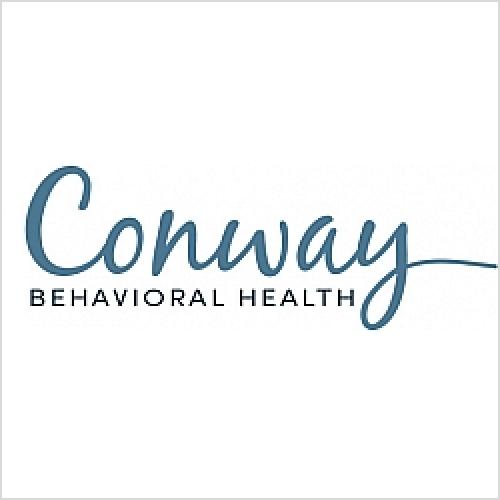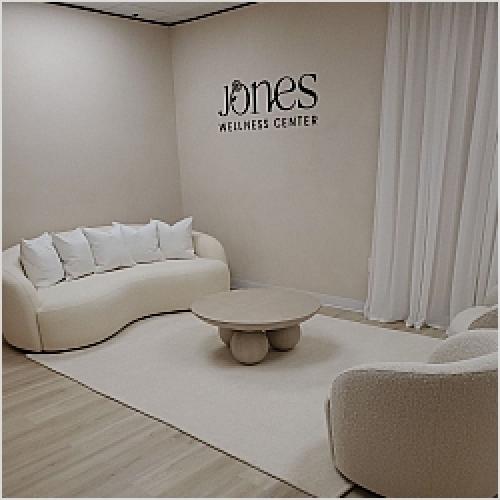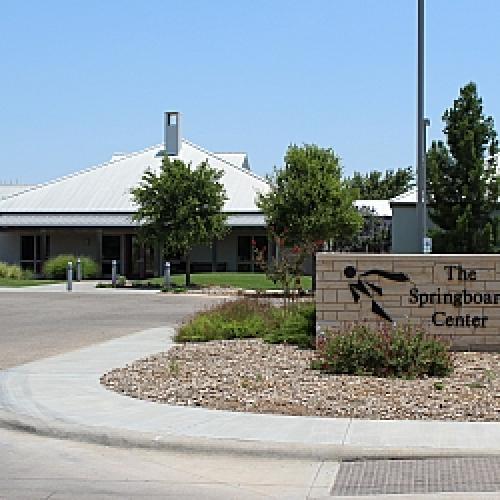FILTERS
Facility Amenities
Treatment and Services Offered
Languages offered
Accepted age groups
| Prev |
You may also want to try a center in another location:
Looking to Access a Rehab Center in Kentucky?
Residential treatment facilities—usually just called rehab centers—offer inpatient and outpatient support to people experiencing a wide range of mental health issues and their physical symptoms. At residential treatment centers, trained health care staff provide both personalized and group therapeutic assistance. The round-the-clock support available at these centers is often appealing to people who have tried other forms of treatment but struggle with the stressors of daily life. In these facilities, people seeking treatment are separated from many of the issues that cause or exacerbate their addiction, or behavioral or emotional concerns.
Rehabilitation centers are known for producing positive results in the management and mitigation of addiction recovery and behavioral issues. And while drug and alcohol abuse are issues are regularly addressed at these mental health facilities, many of them also cater to the mental health needs of individuals affected by other serious challenges including depression, anxiety, and compulsive behavior.
Mental Health Care in Kentucky
The 2011 National Survey on Drug Use and Health (NSDUH) conducted by the Substance Abuse and Mental Health Services Administration (SAMHSA) found that upwards of 5% of adult Kentucky residents are affected by a serious mental health concern.
Based on the 2013 edition of the Gallup-Healthways Well-Being Index, Kentucky ranked 49th in terms of overall well-being. The state ranked 25th for work environment, 41st for access to basic needs and services, and 49th for healthy behaviors, physical health, emotional health, and life evaluation. Within the state, the communities of Lexington and Fayette achieved the highest levels of well-being.
According to Mental Health America's (MHA) Parity or Disparity survey conducted in 2014, approximately 242,000 adults in Kentucky misuse or are dependent on alcohol or illicit drugs. This figure translates to more than 7% of the adult population, which is actually the 6th lowest rate in the country. Less than 6% of Kentucky youth display substance dependency. Out of all 50 states and the District of Columbia, Kentucky is ranked 51st for the number of children with emotional behavioral developmental issues, with nearly 14% affected. The state received an overall MHA ranking of 27th.
Kentucky Census Information
Census information can be useful if you plan to relocate to a state for treatment. In Kentucky, the population of the state increased by over 1% from 2010-2013, with the figure now numbering well over 4 million people. Females make up 51% of the population, while 14% of all residents are 65 years of age or older. While the national average for people living below the poverty line is 15%, almost 19% of Kentucky residents live in poverty.
References:
- Gallup-Healthways Well-Being Index. (2013). Kentucky. Retrieved from http://cdn2.hubspot.net/hub/162029/file-629824010-pdf/WBI2013/Kentucky_2013_State_Report.pdf?t=1418935567368
- Kentucky Cabinet for Health and Family Services. (2013). Department for behavioral health, developmental and intellectual disabilities: Mission statement. Retrieved from http://dbhdid.ky.gov/kdbhdid/default.aspx
- Mental Health America. (2014). Parity or disparity: The state of mental health in America, 2015. Retrieved from http://www.mentalhealthamerica.net/sites/default/files/Parity%20or%20Disparity%202015%20Report.pdf
- Substance Abuse and Mental Health Services Administration. (2011). The NSDUH report. Retrieved from http://oas.samhsa.gov/2k11/078/WEB_SR_078.htm
- United States Census Bureau. (n.d.). State & county quickfacts: Kentucky. Retrieved from http://quickfacts.census.gov/qfd/states/21000.html









